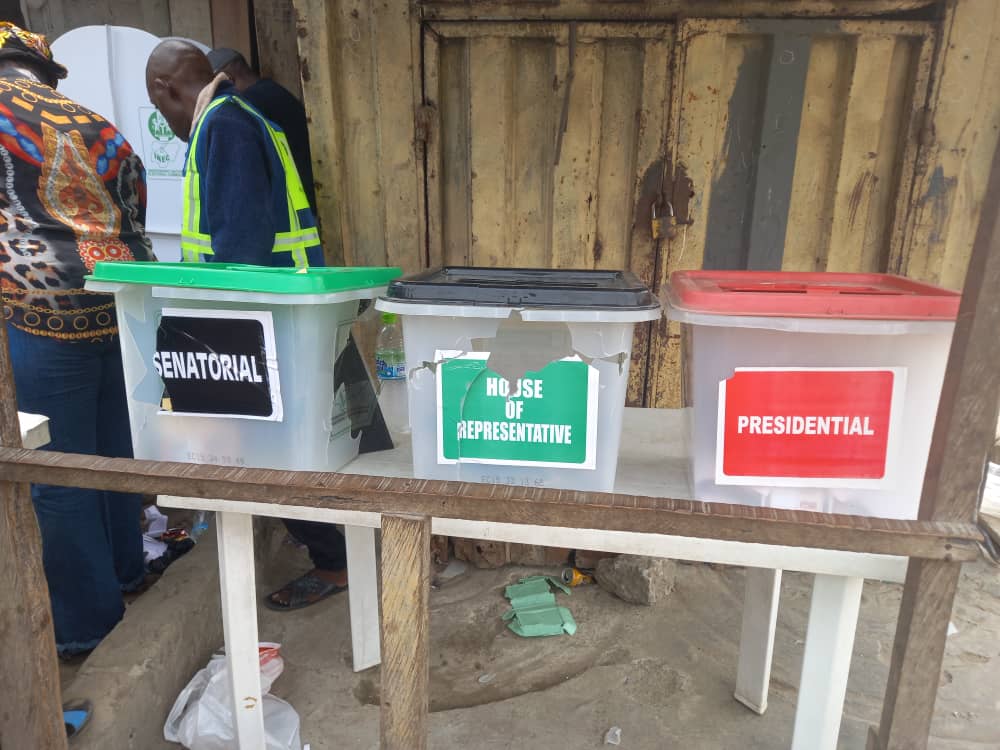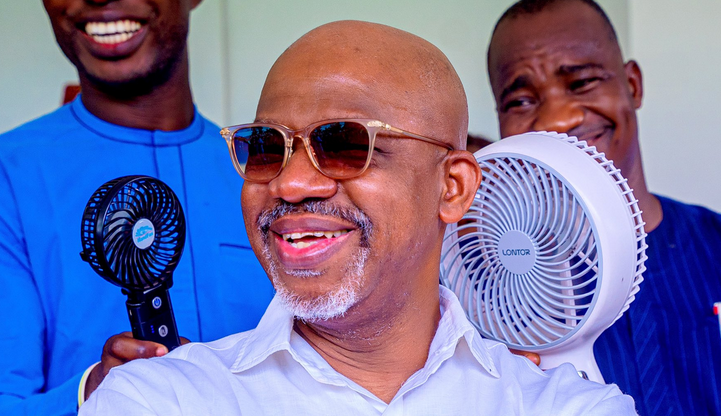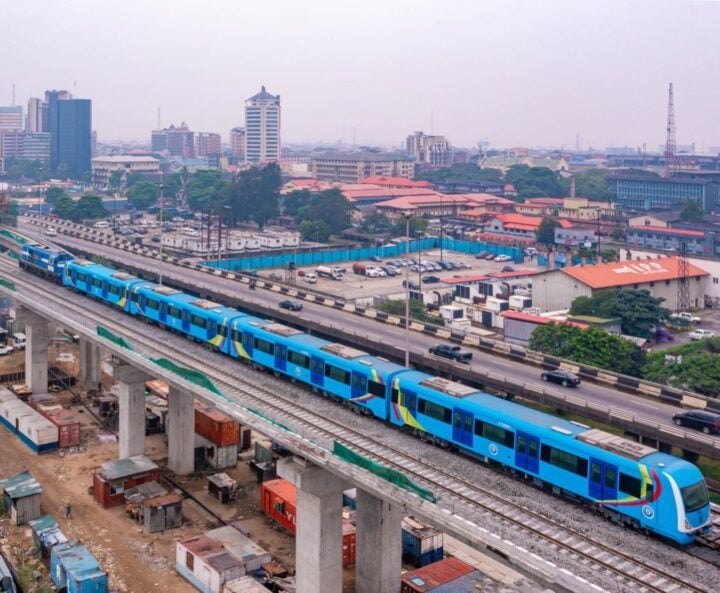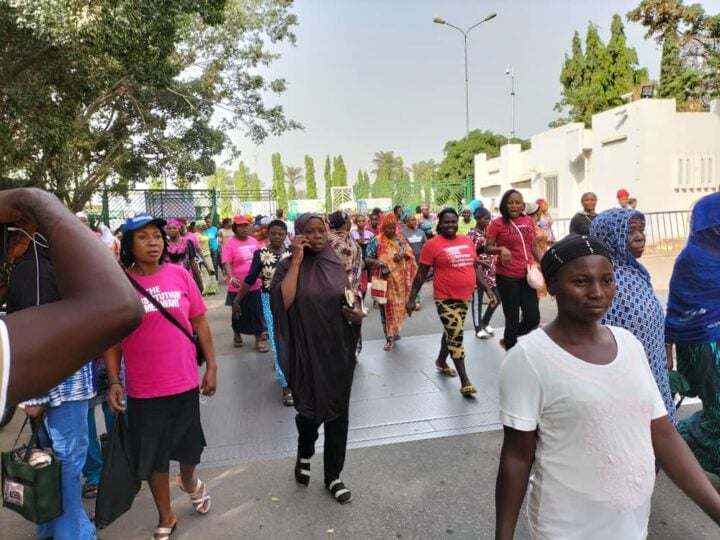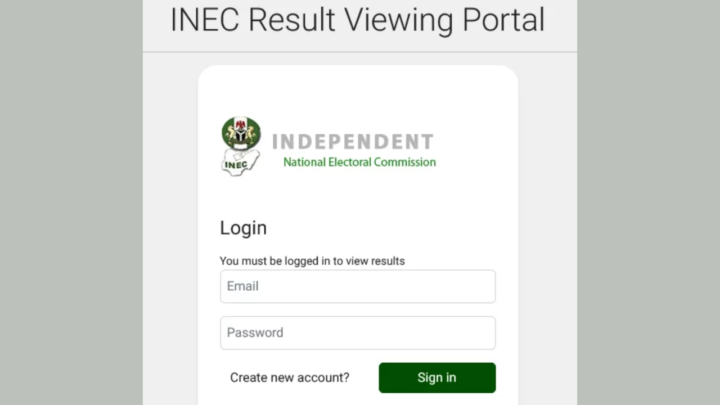BY AUGUSTA NNEKA
The February 25, 2023 election was very interesting to observe. Nigerians came out en masse to exercise their right to vote. Although the period leading up to the election can be described as one of the most significant political awakenings of Nigerian youths, the election itself was marred by various cases of electoral misconduct. The results itself is still being contested by the declared runner-ups.
Another interesting aftermath of the election is the sudden increase in political analysts, especially among Nigerian youths. Before 2020, most of these youths maintained a nonchalant attitude toward anything relating to politics, public policy and governance. Following the events of October 2020, it became crystal clear why political affairs should be given relevant attention, and Nigerian youths were quick to jump on the trend.
Now, we have a movement of youth determined to take back their country.
Advertisement
Problem is, majority of these youths are flying high on sentiments.
Sentiments are great for politics, but detrimental to public policy and governance.
Following the last elections, the place of sentiments proved itself. Career politicians were voted out and fresh faces were voted in simply on the merit of their platforms. For the first time since 1999, a political third force fought on equal footing with both the ruling party and the major opposition and came out victorious.
Advertisement
Now, we have 40 faces from the third force occupying seats at the national assembly. Most of which are new to the national political scene.
In succumbing to sentiments and voting for platforms, Nigerians have given the reins of political power to untested candidates.
We have a new reality.
Nigerian youths to an extent have won a political battle. Their determination has yielded fruits and the 10th national assembly will have 36 house of representative members and four senators that emerged from a “structureless party run by a Twitter user with multiple devices holed up in a one-bedroom flat”.
Advertisement
Will these people become the harbingers of the change Nigerians so desperately want?
Can these new faces compete fairly at the National Assembly where hierarchy plays a major role in determining who speaks during plenary?
In our outrage for change, did we give up proven competency and experience?
Is our anger at the existing system enough for us to dance with the “Angel” we do not know?
Advertisement
These are a few questions I was discussing with a friend recently and he said something interesting.
“Augusta, politics thrive on sentiments. Let us use that to first get the people we want into office. After that, good governance advocates can take over… my part will be over by then.”
Advertisement
This got me thinking. I understand that politics and governance are separate fields. But shouldn’t the advocacy for good governance drive our political bias?
Nigeria is yet to have a true ideological political party where party executives, political candidates, party stakeholders etc. are thoroughly scrutinized and bound by a passion to drive positive change in the country. Even the newfound third force is hinged solely on the sentiments attached to the curated image of a single candidate. At any point, if this image becomes tinted, the entire movement will be threatened. Although Nigerian youths are very quick to explain how the movement goes beyond a single individual, evidence has shown that this is indeed not the case.
Advertisement
Majority of the new faces were not voted in because Nigerians were convinced of their capacity. They simply piggybacked on the popularity and sentiments attached to the individual whom we have uplifted as our saviour. Unfortunately, if these candidates are properly scrutinized, may not be able to deliver on the promises Nigerians expect. Not out of ill will, but simply because politics is more than “vibes”, “God abeg” and “things we love to see”. Also, when presented with the time and opportunity, our “saviours” may turn out worse than the monkey that swallowed millions of naira.
The February elections are over. We have made our choices and Nigeria has given us its own verdict. Lawyers are gearing up. Evidence upon evidence is gathered. Dinner invitations are flying everywhere but instead of food, deals are served. The real politicking is in full gear and we can only watch, pray and switch TV channels until the best man is sworn in by May 29, 2023. We will have to live with the consequences of our actions and inactions past that fated February 25 for a while yet.
Advertisement
Another election is coming. In a way, this election will be more impactful than the last. Instead of 469 seats that make up the national assembly, this election will have 990 contested seats at the state house of assembly level. We also have about 31 states holding their gubernatorial elections. So by Saturday, we are to determine who occupies 1021 political positions.
“Why is this important?”
The legislative arm of government is so often overlooked. Most times, we forget that our assemblymen are actually the policymakers. Not the executives. Not the judiciary. The legislators are empowered to make the laws that should guide our progress as a country.
If we need to amend the constitution, call the legislators.
We need to make new laws; legislators.
Our executives need to be checked; that’s the job of the legislators.
Are the executives trying to ruin the country by making questionable policy choices? Blame the enabling legislative arm of government.
This arm of government is so influential and essential to the development of the country. The idea of “building sustainable structures” is intertwined with the mandate given to the legislative arm of government. Yet, we speak so much English and attend conferences to project and argue why and how the country is failing without admitting that just maybe our nonchalant attitude towards knowing who our representatives are at the house of assembly both at the national and state level might be a contributing factor to the existing problem.
Politics is local. The gubernatorial and state house of assembly elections will be an excellent chance to vote for people we know, recognise, and can hold accountable for the next four years.
Political platforms are important but not as important as a candidate with proven dedication to the people.
The national level elections have been concluded and we can all see how easily politicians can adapt to changing reality.
Once again, our sentiments are trumping logical reasoning and our emotions are so carefully influenced by an expertise that has been mastered over years of thriving in the political space. A common enemy has been identified and we have all come out with knives, stones, and daggers to kill the enemy of progress.
Again, there will be casualties and the biggest will be our blindness and blunt refusal to look past platforms to judge people based solely on who they are, what they represent, and how best they fit into the creation of the Nigeria we want.
Election may be a day, but our decision will stay with us for the next four years.
Augusta Nneka, a political enthusiast and socio-political commentator, writes from Awka, Anambra state. She can be reached via [email protected] and on Twitter: @Nneka_Augusta
Views expressed by contributors are strictly personal and not of TheCable.
Add a comment
